How can we achieve more efficient laundry and drying through smart home systems?
1. Integration and Optimization of Smart Home Systems
Firstly, the core of smart home systems lies in their integration and optimization capabilities. Through IoT technology, we can seamlessly connect household appliances such as washing machines and dryers with smart home systems. In this way, users can remotely control the washing and drying processes through smart devices (such as smartphones, tablets, or smart speakers). This control is not only convenient but also allows for personalized settings based on the user’s habits and preferences.
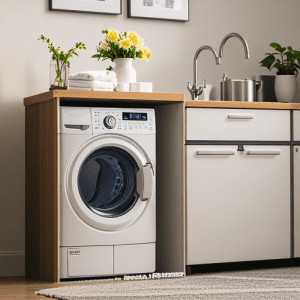
2. Improvement of Energy Efficiency
In the new energy industry, we have always emphasized the efficient use of energy. According to data from the International Energy Agency (IEA), household appliances account for a significant proportion of domestic energy consumption. Through smart home systems, we can optimize the energy used for washing and drying. For example, the system can automatically choose to wash and dry during periods when electricity prices are lower, based on the load of the power grid, thereby reducing energy costs.
3. Intelligent Recognition and Processing
Modern smart home systems also have intelligent recognition capabilities. By installing sensors, the system can identify the material, color, and degree of dirtiness of the clothes, automatically adjusting the parameters for washing and drying. This intelligent recognition not only improves the efficiency of washing and drying but also protects the clothes, extending their service life.
4. Data-Driven Optimization
In the integration of intelligence and new energy, data is key. Smart home systems can collect various data during the washing and drying processes, such as energy consumption, time, temperature, etc. By analyzing these data, we can further optimize the processes of washing and drying, improving overall efficiency and effectiveness.
5. Environmental Protection and Sustainable Development
In the new energy industry, we not only focus on efficiency but also on environmental protection and sustainable development. Smart home systems can reduce the waste of water and energy through intelligent scheduling. For example, the system can automatically detect the water level during the washing process to avoid excessive water use. At the same time, smart drying systems can adjust the drying time automatically based on the humidity of the clothes, reducing energy consumption.
6. Future Outlook
Looking to the future, with the further development of 5G, artificial intelligence, and IoT technologies, smart home systems will become more intelligent and personalized. We can expect that future washing and drying will not only be more efficient but also more environmentally friendly and intelligent. For instance, the system might automatically plan the time for washing and drying based on the user’s schedule, even completing the tasks before the user returns home, providing a more convenient and comfortable living experience.
In summary, achieving more efficient washing and drying through smart home systems is not only a technological advancement but also a revolution in lifestyle. Let us work together to promote the development of smart homes and the new energy industry, contributing to building a greener, smarter, and more efficient future.
Thank you all!
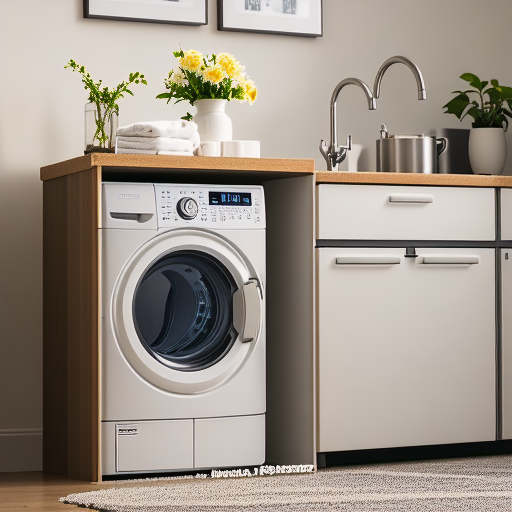
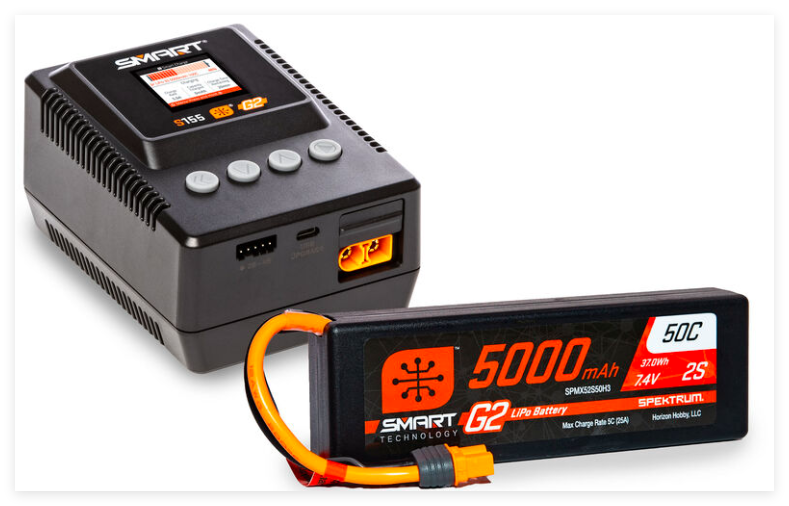
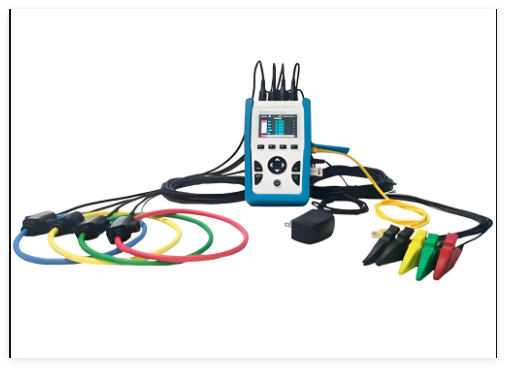
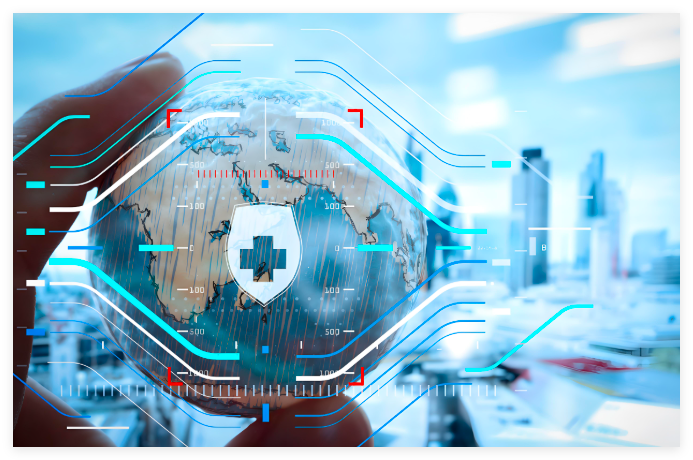
Post Comment